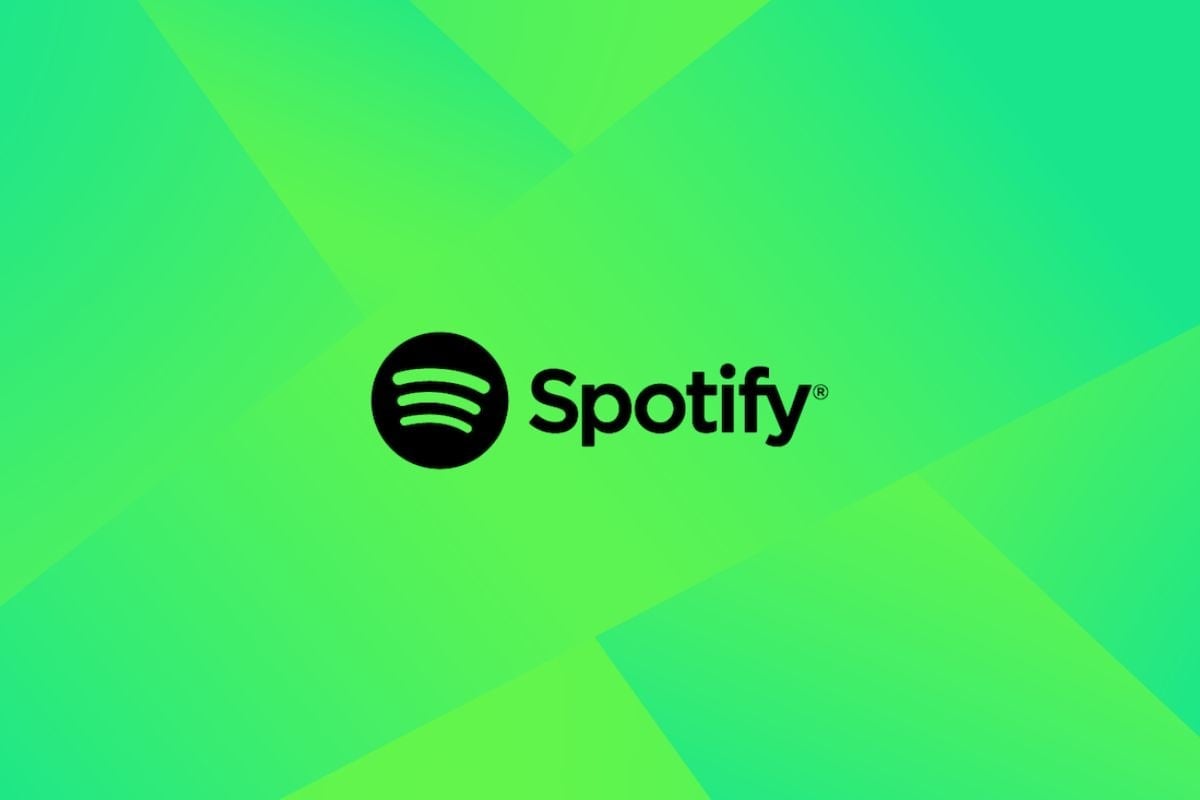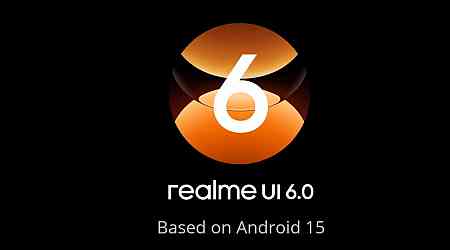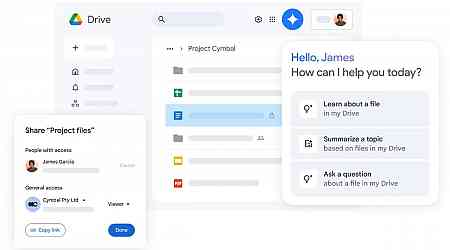Google Gemini is getting a new extension that will allow the app to play and search for songs from the Spotify app. The new feature will be supported by the Gemini artificial intelligence (AI) assistant on compatible Android devices. With this, users can link their Spotify account to their Google account and use the AI-powered virtual assistant to ask for music by song, album, artist, playlist, and more. However, certain app-based functionalities will require a subscription to Spotify Premium.
Gemini Gets Spotify Extension
In its support page, Google detailed the new extension for the Gemini app. Notably, this much-requested capability for the AI assistant comes six months after the tech giant rolled out an extension to integrate YouTube Music features. Notably, if a user has connected both Spotify and YouTube Music and does not specify the app in their request, Gemini will use the last music service used.
The company highlighted that the Spotify extension is not available in Gemini in Google Messages, the Gemini web app, or the iOS app. It will also not work unless the Gemini app on Android is set to the English language and the user has turned on the Gemini Apps Activity. Additionally, users will only be able to play specific songs on the app if they have a Spotify Premium subscription.
With this new capability, users request the AI assistant to play a song, an album, or a playlist as well as request music for an occasion or activity. Additionally, they can search for songs by an artist's name and lyrics, or find a playlist based on genre, mood, or activity. However, Gemini cannot create a Spotify playlist or radio at present.
To connect Spotify to the Gemini app, users will first need to log into their Spotify account and then link to their Google account. Once done, users can open the Gemini app, tap on their profile picture, and go to Extensions. There, they can manually toggle on the Spotify option.
While Google has announced rolling out the extension, it may take up to two weeks before it is available to all users globally.
































